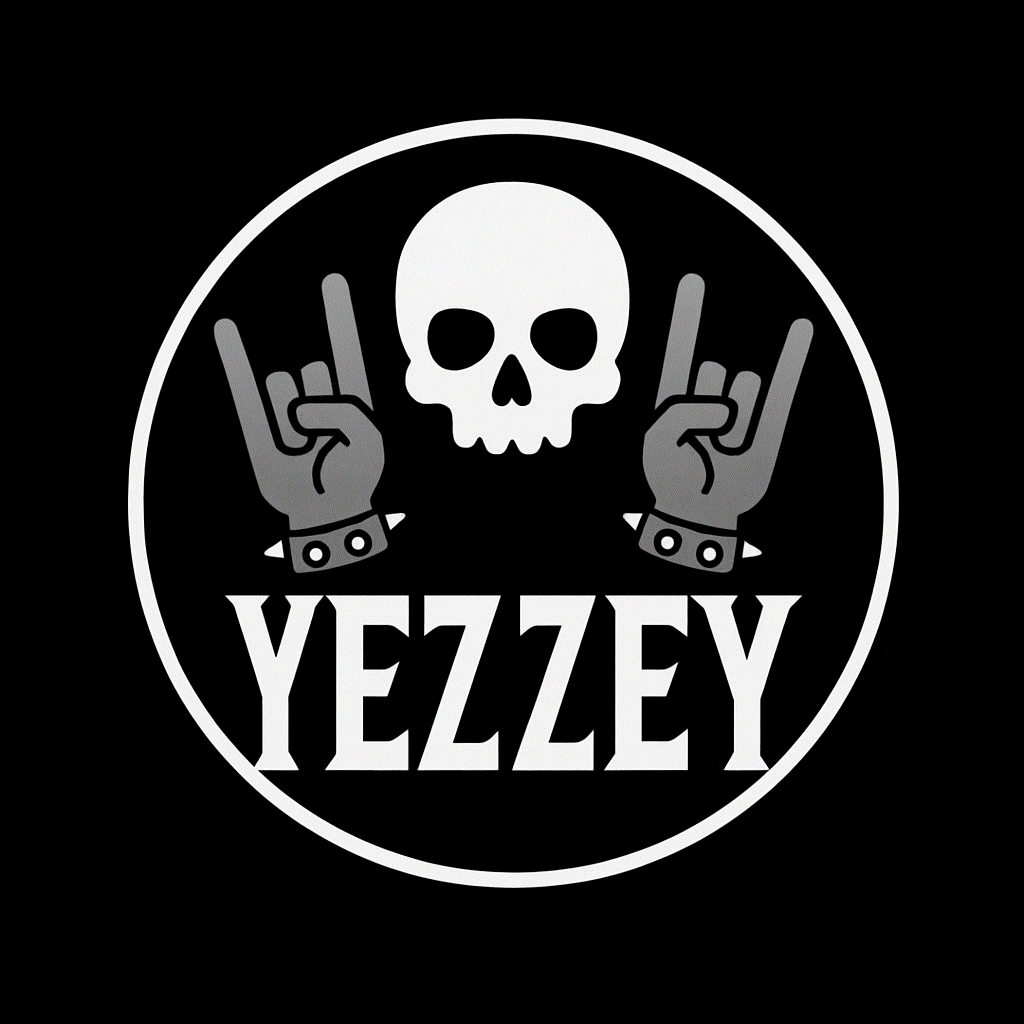What if someone started a real underground music label on the dark web. Bitcoin only, no banks, no streaming and no middlemen. Artists could drop music, earn for say 5 or 10 years, then the rights go to the public domain. No corporate ownership, no lifetime contracts.
Could a label like that actually work?


There’s a few different layers to this. Others have jumped at you a bit, but I hope to talk about this a little more understandingly…
When it comes to music distribution, as in, giving your music to others, the solutions already are in place to provide a federated distribution of music (see groove shark) which would in theory be a good way to provide a place to stream music while also allowing distribution to others. Even if you want to go through paid services, it has never been easier to publish music (though there are caveats, you do generally have to give up royalties to middlemanagers. This is generally ignored by people in this thread, but it is a problem for most artists.) The alternate distributions like groove shark simply don’t have enough users yet, and I can’t attest for whether it has the right features to be a substitute for bandcamp (there’s no ability to set up payment, last time I checked.) It’s really the case that independent labels aren’t making good use of technology that isn’t just putting up a random Bandcamp page.
You’ll notice I didn’t make any mention of crypto above: That’s because I’m not sure of the practical uses of crypto in this particular regard beyond a “buy it as a collectors item” style distribution via NFT and I think that bubble has more or less completely popped.
There’s been attempts from the likes of iTunes to provide encrypted song binaries, and in theory you could encrypt a song using a crypto transaction to store the metadata, but it would both be unpopular and entirely centralized (you would need to have an authentication server for tying transactions to keys.)
So short of not having to deal with payment processors (which is good for anti-censorship, fwiw), there’s not a lot of benefit to using crypto specifically. And transaction costs would somewhat inflate the price of transactions and would basically force users to buy “albums” again (so that you don’t get hammered with transaction fees.)
Lastly, the 5 to 10 years of earning before the rights go “public domain” is a very flawed concept. I know there’s a lot of anti-copyright advocates here on lemmy, but there’s some truth to the idea that artists actually value copyright to protect their own work and it would be very difficult to convince an artist to sign a deal that would effectively limit their own ownership; This is especially true in the era of AI data farming. You’d be better off making the decision (as a label) to claim ownership up to x dollars in debt to produce the album (there’s always a cost, with a slim profit margin to be expected) and then hand the ownership entirely back to the artist once they’ve recouped the cost to produce the album to effectively put it back in control of the artist to let them do as they please. A record label isn’t just about making the music listeners happy, but to empower the artist to create art that they otherwise couldn’t afford. Most record labels are disliked by labels not because they withhold ownership from the listener, but because they aren’t always paid equally in royalties due to ownership clauses in their contracts that allow record labels to extract profit from work that they’ve already well earned the loss with profit on.